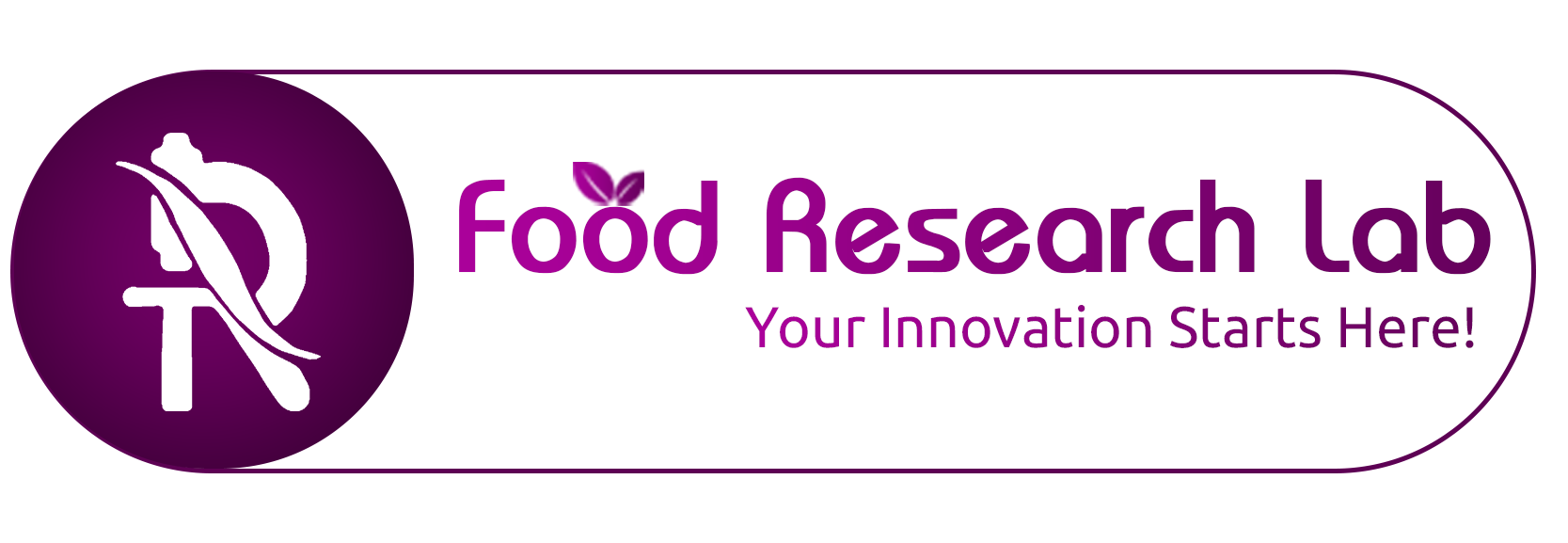Article 20 of Regulation (EU) No 1169/2011
Article 20 of Regulation (EU) No 1169/2011, also known as the Food Information to Consumers Regulation (FIC), sets out the rules for using food additives in food products. This article is complemented by Regulation (EC) No 1333/2008, which establishes a list of permitted food additives and their conditions of use.
Article 20 of the FIC requires that food additives be authorised in the European Union (EU). It must be included in the Union list of authorised food additives established by Regulation (EC) No 1333/2008. The Union list includes a range of food additives such as colours, preservatives, emulsifiers, stabilisers, and thickeners.
Under the FIC, food additives must comply with the conditions of use specified in the Union list. These conditions include the maximum permitted levels of the additive in the final product, any restrictions on use, and labelling requirements. In addition, food additives must be used only for authorised purposes and must not mislead consumers about the food product’s nature, substance, or quality.
In addition to the rules in Article 20 of the FIC and Regulation (EC) No 1333/2008, food additives must comply with other applicable EU laws, including food safety, labelling, and consumer protection. Also, the food additives are subject to strict control and monitoring to ensure that they are safe for human consumption and do not pose a risk to public health.
Overall, the framework for using food additives in food products sold in the EU is established by the combination of Article 20 of the FIC and Regulation (EC) No 1333/2008. In addition, it ensures that consumers have clear and accurate information about the additives used in their food.
Key contact
For further information or prices please contact us:





